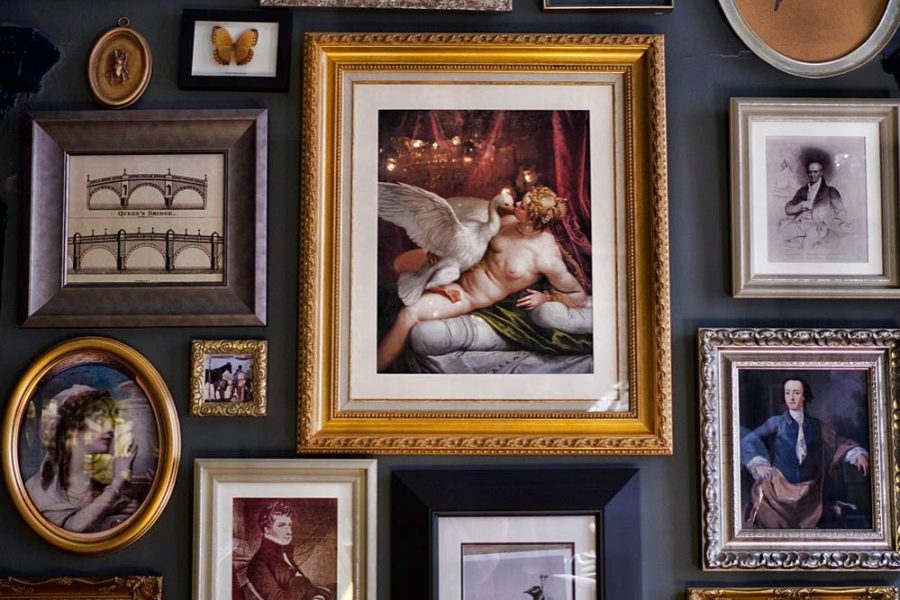Moving Artefacts Around the EU
Back in June, EU Regulation 2019/880 became official, meaning the import of ancient art works, books, manuscripts and antiques within the EU just got harder. Bad news for organised crime groups and terrorists trying to make money from the import and export of valuable ancient goods, but also for legitimate auction houses, small art galleries and bona fide traders.
Brought in to combat looting, theft and the illegal trafficking of antiquities in war-torn countries and unstable regions, the regulation won’t be fully effective until 2024–2026, but the industry is concerned that come 2026 it will become virtually impossible to import antiquities within the 28 EU nations for legitimate small and medium sized businesses?
In practical terms, the regulation means a restriction on the import and export of artefacts over 200 years old. To pass through a particular area, documentation of lawful export from the item’s source country must be provided. If not, then the exporter must provide documentation from a second country where the item has resided for at least five years. The concern is that auction houses, small art galleries, and legitimate traders already trading in accordance with import and export regulations, will be hit the hardest, making it even harder to organise transit for ancient and valuable artefacts.
It will undoubtedly increase the administrative and financial burden for the superyacht industry, making it difficult for the legitimate importation of paintings, sculptures, works of art and historic artefacts circulating around the EU arts and antiques market.
All EU countries will be expected to implement new procedures to fall in line with the new act within two years. Currently only able to implement the regulation via an online application system. Companies must have a unified electronic system in place to request import licenses. With the electronic system up and running by 2026, EU custom laws will hopefully have enough time to be synchronized and ready.
In reality the concern is that it will be incredibly hard to provide proof of past legal export, not simply because of a lack of historical paperwork or information of past laws, but identifying when the original export took place and how far back that was.
The EU Parliament are still waiting on the results of their own study, namely “To improve knowledge about illicit trade in cultural goods in the EU, and the new technologies available to combat it” commissioned in 2017. It will be interesting to hear the results!


